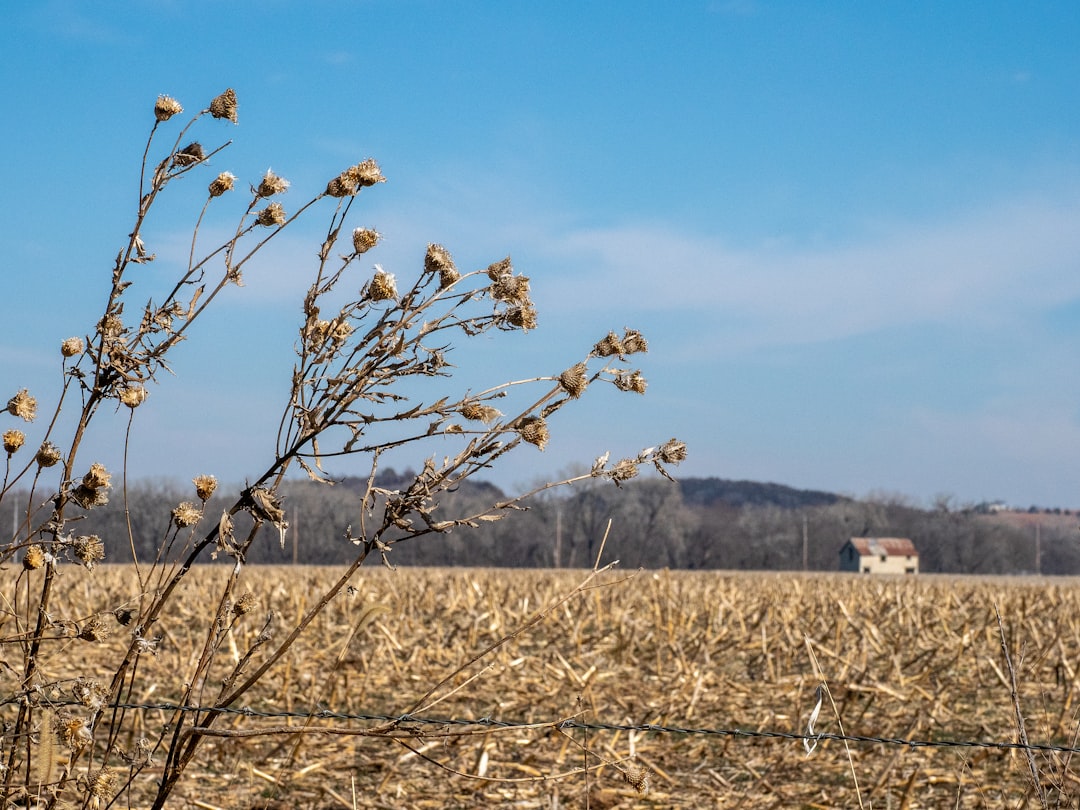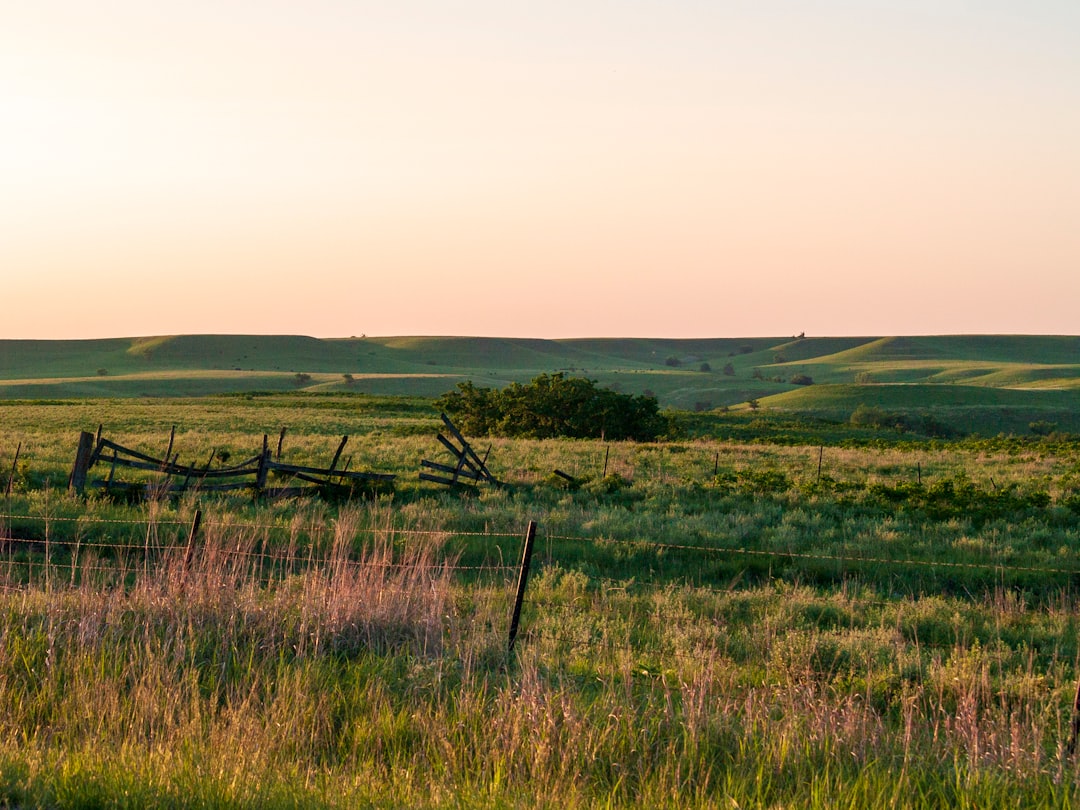Kansas stringent laws protect elderly in care facilities from sexual abuse through mandatory reporting, thorough investigations, and severe penalties. Sexual assault law firms advocate for victims' rights and empower caregivers to recognize and report suspicious activities. Facilities implement rigorous staff training supported by these firms, fostering a culture of vigilance and accountability. Public awareness and support services, including counseling and support groups, address this critical issue in Kansas' elderly care system.
In Kansas, the approach to sexual assault in elderly care facilities involves a multi-faceted strategy. This article explores comprehensive measures aimed at protecting vulnerable seniors from abuse, focusing on state laws, caregiver roles, legal support for victims, training programs, and community awareness. Kansas sexual assault law firms play a crucial role in empowering survivors and ensuring justice. By implementing these strategies, the state strives to create a safer environment for the elderly, leveraging legal expertise to address this pressing issue.
Kansas Laws: Protecting Elderly from Sexual Abuse

In Kansas, the protection of elderly individuals from sexual abuse in care facilities is a serious matter, with stringent laws in place to safeguard their rights and dignity. The state’s legal framework is designed to prevent, detect, and punish instances of sexual assault against the elderly, ensuring they receive justice and support. Sexual assault law firms in Kansas play a vital role in advocating for victims’ rights, providing legal counsel, and holding perpetrators accountable.
The Kansas laws address various aspects of protection, including mandatory reporting by care facility staff, thorough investigations, and strict penalties for offenders. These regulations aim to create an environment where elderly residents feel secure, knowing their potential for harm is taken seriously. By implementing such measures, Kansas strives to prevent sexual abuse, offer support to victims, and foster a culture of respect and safety within elderly care facilities.
The Role of Caregivers in Prevention Strategies

In the comprehensive approach to addressing sexual assault in elderly care facilities, Kansas places a significant emphasis on the role of caregivers. Caregivers, including nursing home staff and volunteers, are on the front line when it comes to recognizing potential risks and implementing prevention strategies. They are trained to be vigilant for any unusual behavior or signs that might indicate discomfort or vulnerability among residents, especially those who may have cognitive impairments or limited mobility.
The involvement of sexual assault law firms in Kansas often guides these training programs, ensuring caregivers understand the legal implications and their crucial role in protection. By fostering an environment where caregivers are empowered to report any suspicious activities and are equipped with appropriate response protocols, facilities can create a safer space for elderly individuals. Regular updates on prevention methods and the latest legal requirements further strengthen this vital aspect of care.
Legal Recourse for Victims: Sexual Assault Law Firms Kansas

In Kansas, victims of sexual assault in elderly care facilities have legal recourse and support available to them. Sexual assault is a serious crime, and specialized law firms in Kansas are dedicated to helping victims navigate the legal system. These law firms possess expertise in handling cases involving elderly care facilities, ensuring that victims’ rights are protected and they receive justice.
Sexual assault law firms Kansas offer comprehensive services, including counseling, investigation, and litigation. They work closely with victims to understand their unique circumstances and provide tailored strategies to pursue criminal charges or civil lawsuits against responsible parties. With a focus on empathy and advocacy, these firms strive to hold perpetrators accountable while offering much-needed support to those who have suffered such traumatic experiences.
Effective Training Programs in Elderly Care Facilities

In response to the heightened awareness and stringent sexual assault laws in Kansas, elderly care facilities have been increasingly implementing robust training programs to empower their staff and residents. These programs focus on educating employees about recognizing potential signs of abuse, understanding consent, and responding appropriately to incidents. Regular workshops and simulations not only equip caregivers with practical skills but also foster a culture of vigilance and accountability within the facility.
The involvement of sexual assault law firms in Kansas has played a pivotal role in shaping these training initiatives. By collaborating with legal experts, care homes can stay updated on the latest legislative developments and best practices in handling such sensitive matters. This proactive approach ensures that both staff and residents are better protected, fostering an environment where everyone feels safe and respected, which is paramount for the well-being of elderly individuals under their care.
Community Awareness and Support for Survivors in Kansas

In Kansas, community awareness and support for survivors of sexual assault within elderly care facilities have been a growing focus due in part to increased advocacy by local sexual assault law firms. Educational initiatives aimed at both the general public and healthcare professionals are helping to identify signs of potential abuse, encourage victims to come forward, and provide resources for healing. Support groups and counseling services tailored specifically for elderly survivors offer much-needed emotional support, ensuring that those affected by sexual assault receive the care they deserve.
These efforts are complemented by stricter enforcement of existing sexual assault laws and regulations in elderly care facilities. Kansas’ proactive approach includes regular inspections, stringent penalties for perpetrators, and enhanced training programs for staff members. By combining public awareness, robust legal protections, and comprehensive support services, Kansas is making significant strides in addressing this critical issue within its elderly care system.





